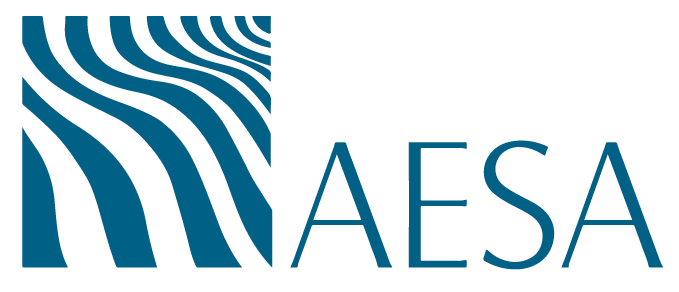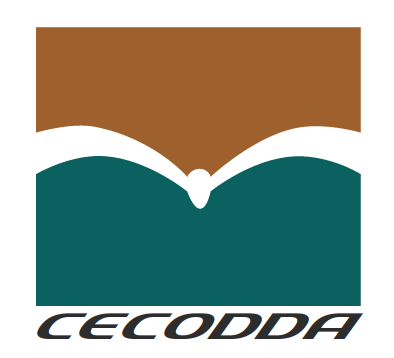UNECA - Capacity building for inclusive and equitable African trade arrangements
Posted on: April 30, 2021
The implementation of this TCII contribution agreement by UNECA, with support from the OACPS and funded by the EC, aims to build the capacity for inclusive and equitable trade targeting policy makers and the private sector to increase the capacity of African private sector to take better advantage of preferential trade agreements and arrangements. This project is part of a broader programme of the ECA/ATPC that aims to boost intra African trade and accelerate private sector development.
The second steering committee of the action was held virtually on 23 April 2021.
The objective of the meeting was to review the progress that has been made so far and also discuss the work plan for the remaining part of the project, which has been adjusted in order the respond to the disruptions and opportunities that have been presented by the COVID-19 Pandemic.
During the session, ATPC presented the main findings of the five main studies of the project.
Study 1: PTA Utilization
This study investigates the extent of the utilization of preferential trade areas (or lack thereof) by African countries and their business.
Main findings:
- preference utilization in African RECs varies, ranging from less than 5% (for certain flows in ECOWAS) to 78 % for EAC-eligible imports into Uganda.
- In all countries surveyed, awareness and information about PTAs was the biggest challenge, in addition to SPS challenges followed by technical requirements, customs procedures and rules of origin.
- Women-represented firms were found to utilize PTAs less and also find the requirements more challenging than for other firms on average.
- Youth represented firms utilize PTAs less than average but do not experience as many challenges with requirements as women-represented firms.
Study 2: Negotiating Institutions
The aim of this study is to enhance the capacity of the African private sector to better engage in the negotiation and implementation of PTAs and particularly those relating to trade in services.
Main findings and recommendations:
- Negotiating teams should actively communicate on trade policy objectives, publication of event calendars, written and oral briefings and debriefings. Communication channels used should be of easy and continuous access.
- Negotiating teams must ensure a balanced representation of the interests of companies of all sizes including MSMEs, when calling for contributions.
- The private sector should ensure that representatives are duly mandated and that their guidelines are neither too strict to preclude any positive negotiating outcome nor too loose to leave room to persona interpretation on committal matters.
- CSOs should actively engage with governmental and parastatal agencies to ensure that the expression of interests is well conveyed.
Study 3: PTA Compliance
This study is oriented at strengthening the capacity of the private sector to comply with rules of origin and TBT/SPS requirements and take better advantage of PTAs.
Main findings:
- There is a general lack of awareness among private sector operators on the RoO, TBT and SPS requirements in PTAs.
- Even when private sector operators are fully aware of the requirements, they face challenges in complying with the requirements, due to financial and technical capacities.
- MSME and women-owned business are particularly challenged in complying with RoO, TBT and SPS requirements
- Greater efforts are needed to provide tailored technical assistance to comply with PTA RoO, TBT and SPS requirements, to enable private sector operators to take advantage of preferential access (including under AfCFTA) and integrate into regional and global value chains.
Study 4: Informal Cross-Border Trade
The objective of this study is to improve the capacity of both private and public sector actors to support informal traders to better tap into preferential market access opportunities and gradually formalise their trade.
Main findings:
- Informal cross border traders (particularly women) in the ECOWAS region face significant challenges in accessing the benefits of PTAs.
- Learning from the experiences of EAC and COMESA, an effective STR can be developed for ECOWAS to reduce the costs of ICBT and gradually incorporate informal traders into the formal trading system.
- There exists a significant lack of data on ICBT flows in the ECOWAS region;
- Greater efforts are required to strengthen the financial and technical capacity of governments to collect data on ICBT.
Study 5: E-commerce
The study on e-commerce is aimed at strengthening the capacity of the African private sector to take better advantage of e-commerce in PTAs
Main findings:
- Firms reported to have increased online sales and diversified into new markets through e-commerce during Covid-19.
- Top 5 reported challenges to cross-border e-commerce include 1) postal competence - delivery and transport costs; 2) issues on taxation - foreign taxation, double taxation, VAT regulations; 3) lack of reliable payment solutions; 4) unawareness regarding national and regional rules; 5) custom duties and custom procedures.
- Gender difference emerged in terms of e-commerce and data use.
- The AfCFTA can provide a common and guiding framework for taxes, data protection, privacy policies and stronger enforcement which can help build online consumer trust in African economies and facilitate B2C e-commerce.
The meeting was attended by the Trade Law Centre (tralac), Trade Policy Training Centre in Africa (TRAPCA), African Institute for Economic Development and Planning (IDEP), Regional Economic Communities (RECs) and the private sector.




